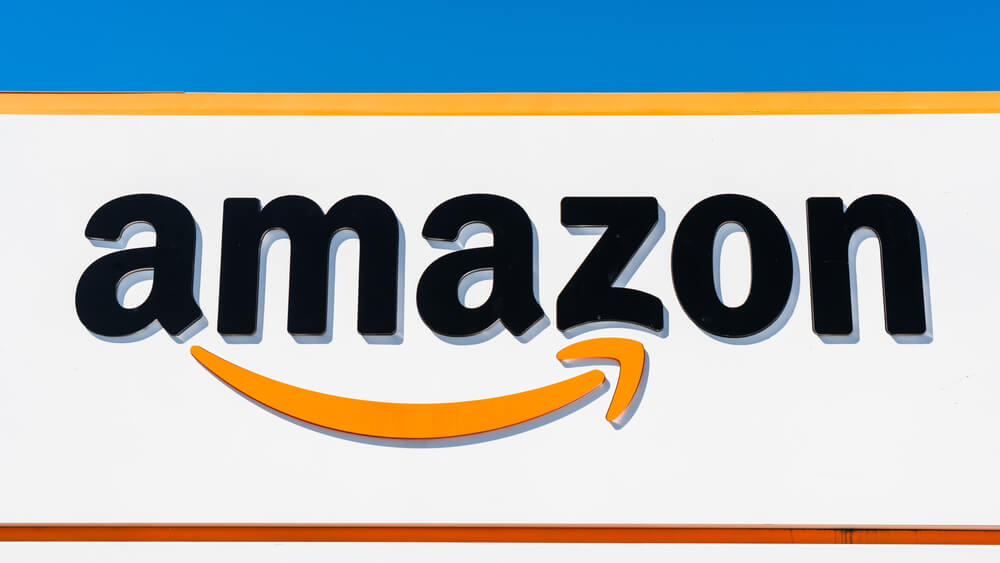The social media giant is working hard to meet its environmental goals and the company reached an important goal in 2020. According to Facebook, it reduced its greenhouse gas emission by 94% in 2020. The company wanted to reduce emissions by 75% but it managed to surpass that goal. This is not the only important achievement, as Facebook announced that it achieved another goal as well.
The company now purchases enough renewable energy to cover 100% of its global operations, which includes its offices as well as data centers. Nonetheless, that doesn’t mean that all of its operations are actually powered by renewables at least not yet.
Renewable energy slowly but steadily became part of the world, but most electricity grids still rely on fossil fuels. It is not easy for companies around the world to rely only on renewables because there is not enough supply. In such cases, companies buy renewable energy certificates that signal that the company invested in renewable energy projects somewhere.
Those projects can be located in any part of the world, but such projects are quite controversial. Critics like to mention the price of such certificates. They also point out that due to their prices, such certificates don’t really lead to more renewable energy generation.
The social media giant also relies on renewable energy certificates. Facebook is willing to improve the situation, by supporting the construction of new solar and wind developments in the same places where it operates. It already invested in 63 new renewable energy projects located on the same electrical grids as its data centers.
Facebook and plans for the future
The next goal of the company is to reach net-zero emissions by 2030 for its entire supply chain and other indirect emissions. By eradicating indirect emissions Facebook will be able to address emissions created from things like employee travel and commuting. To reach that goal, the social media giant developed environmental standards for its suppliers. Facebook also plans to rely more on emerging technologies that draw carbon dioxide out of the air.
Climate change is a very complicated issue and the company wants to limit the misinformation about the topic on its platform. For example, it launched a “Climate Science Information Center” in some countries in 2020. In the case of the U.K., it started adding a label to some posts about climate change that redirects users to its information center.
















